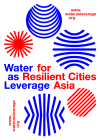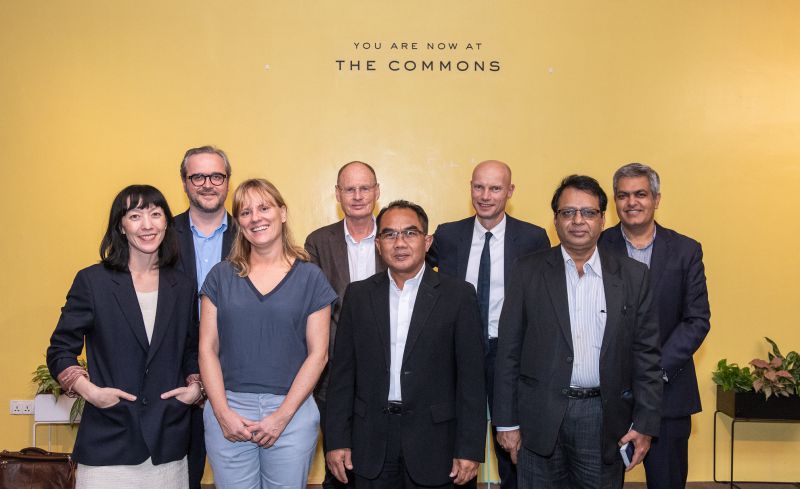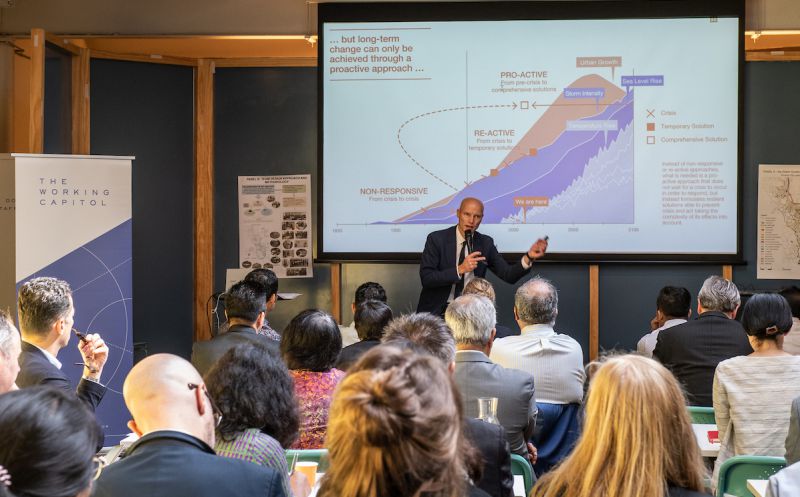Spearheaded by the Dutch Special Envoy for Water Affairs Henk Ovink, the International Architecture Biennale Rotterdam, the Asian Infrastructure Investment Bank, the Global Center on Adaptation, 100 Resilient Cities, and Architecture Workroom Brussels launched the collaborative project WATER AS LEVERAGE FOR RESILIENT CITIES: ASIA at the UN Climate Conference COP23 in Bonn, Germany, on November 9, 2017.
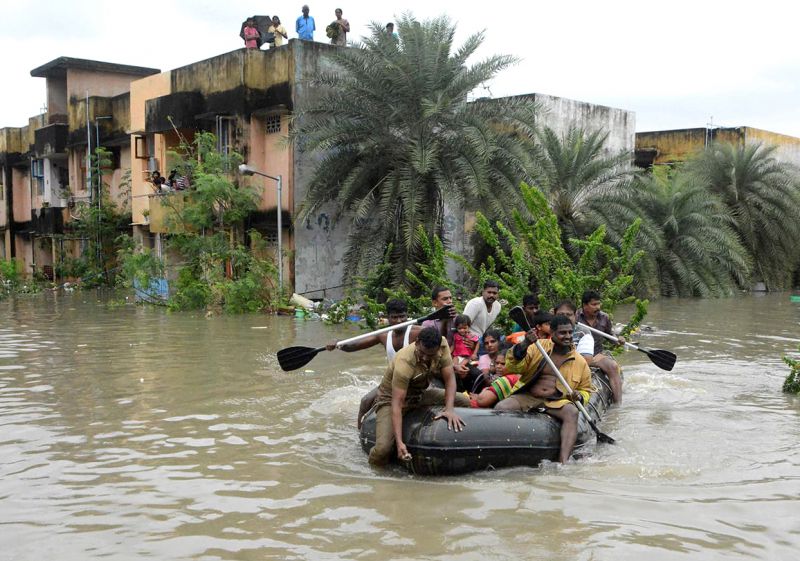
picture by OOZE team WaL/Asia
No time to waste
We have no time to waste if we want to safeguard our planet and our future, and achieve our climate goals, our sustainable development goals, and reach beyond. To realize the necessary changes we need to build strong and result-oriented coalitions with the ambition to proactively connect innovative and integrated design, good planning, and a strong process to financial commitment and implementation.
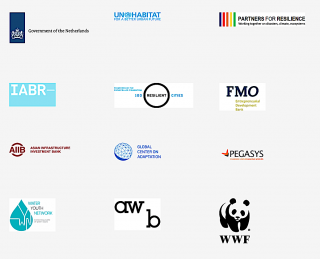
Water as Leverage Asia: partners
Taking up the challenge, the Dutch Water Envoy and the IABR have initiated Water as Leverage. In partnership with the Asian Infrastructure Investment Bank (AIIB), 100 Resilient Cities (100RC), UN-Habitat, FMO Dutch Development Bank, Pegasys, Partners for Resilience, Worldwide Fund for Nature (WWF), OECD, Architecture Workroom Brussels and Water Youth Network, and supported by the UN/World Bank High Level Panel for Water, the Global Center on Adaptation (GCA) and RVO.nl, we have launched our first project, Water as Leverage for Resilient Cities: Asia (WaL/Asia), on November 9, 2017 at COP23 in Bonn, Germany.
Asia
Nowhere on earth are water-related disasters as widespread and costly, both in terms of human life and loss of (social) wealth, as in South and South East Asia. Asian cities account for 83 percent of the population affected by sea level rise. That is why, together with the AIIB and 100RC Asia, we decided to test how water can be used as a lever for change in Asia first.
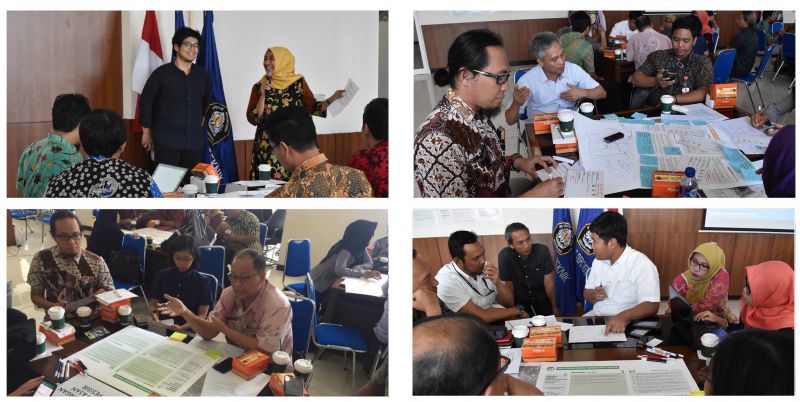
© Team One Resilient Semarang
Three cities, six design teams
After a short and intense period of thorough research, fieldwork, and workshops, the Water as Leverage for Resilient Cities: Asia–consortium partnered with the cities of Khulna (Bangladesh), Chennai (India) and Semarang (Indonesia). These partnerships are carefully chosen, based on the explicit articulation of water-, urban-, and climate-related challenges that these city regions have, the strategic position as a pilot for similar cases they could be and, as such, the potential in terms of sustainable solutions and transformative capacity.
In 2017 a worldwide Call for Action was launched after which, in June 2018, the Advisory Board of WaL/Asia selected six design teams, two for each city.
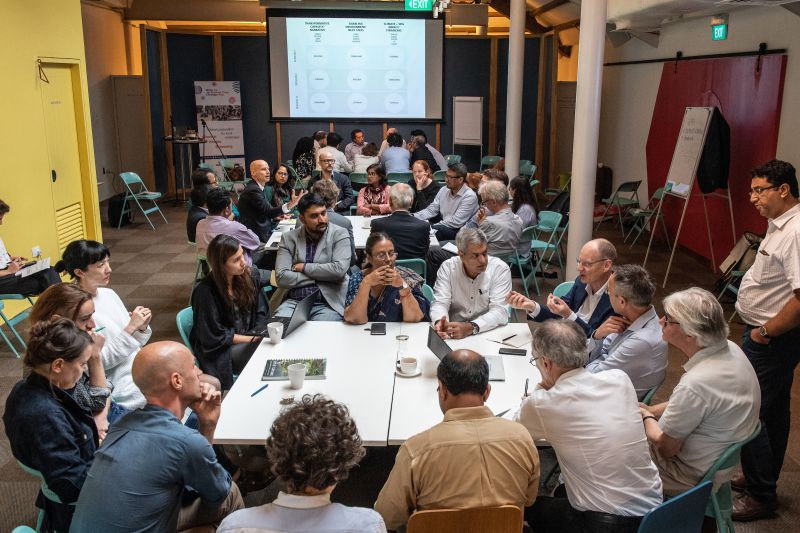
© Cynthia van Elk | Water as Leverage
Challenge
These three city regions are only a starting point: building on the outcomes a working methodology will be derived and continuously adjusted, as a foundation for following partnerships.
The challenge of Water as Leverage is to match long term comprehensive urban planning with short term innovative transformations ; ambitious climate adaptation plans with bankable projects; developing ever more knowledge of the water system with building more resilient cities; research, design and implementation with inclusive urban alliances. Result driven collaboration is essential, across all sectors, all layers of government, all stakeholders—from activists and vulnerable communities to private and public institutions.
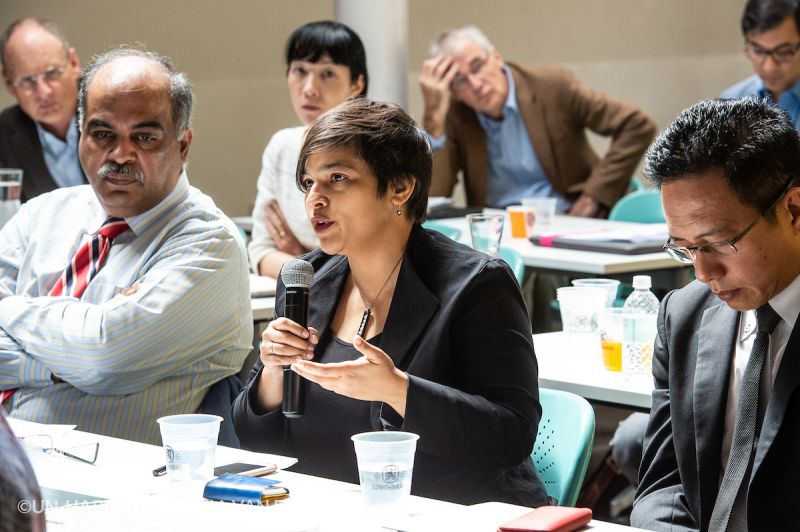
© UN Habitat, picture by Cynthia van Elk
